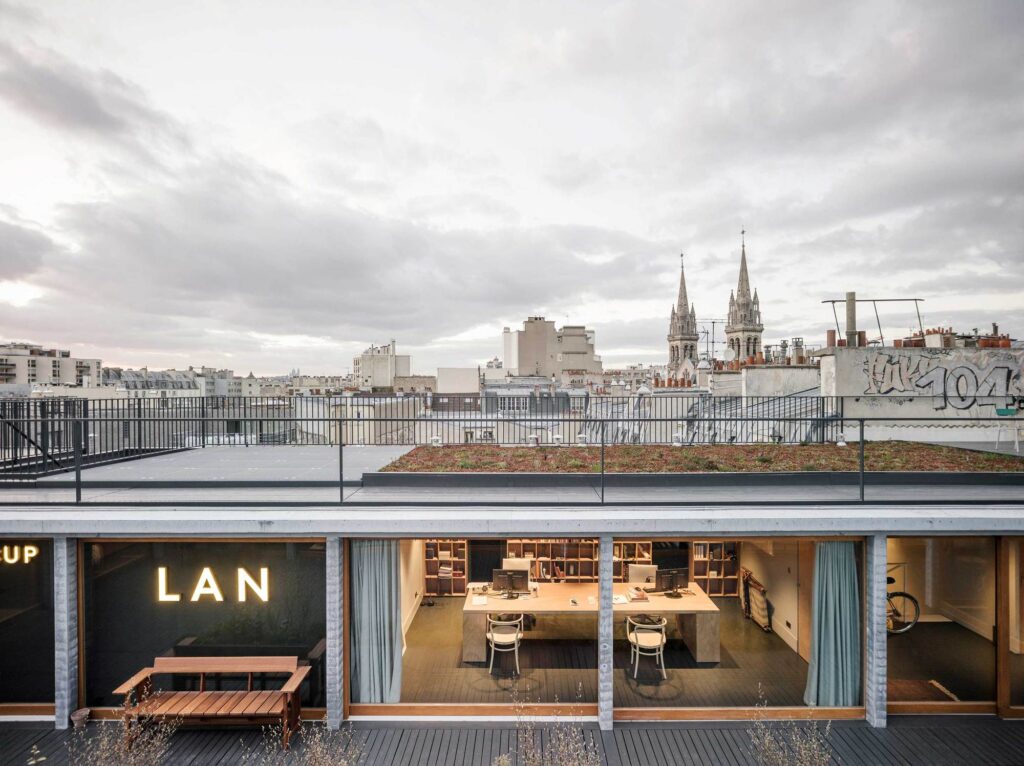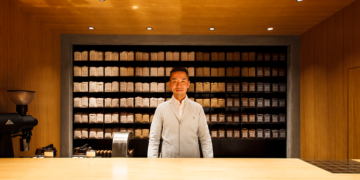Why do you want to enter the world of entrepreneurship? Is the objective to cultivate a global presence, navigate the challenges of venture capitalism, and secure a dominant market position? Or does the motivation stem from a fundamentally different source: a desire to create, to find a reason that makes waking up each day exciting; to forge something meaningful, something that offers purpose, fulfillment, and genuine happiness?
There exists the stereotypical image of an entrepreneur: the shaggy-haired software engineer in pursuit of the next big thing, or the impeccably groomed corporate executive whose eyes are set on maximizing profits. Indeed, taking shortcuts can lead to immediate gains. However, a growing number of entrepreneurs are opting for a different approach. They focus on nurturing tightly-knit businesses and expanding them gradually. These ventures are deeply rooted in their communities, aiming to reinvigorate local pride. Instead of aggressive expansion, these businesses prefer mastering their craft, whether in retail, hospitality, or design, guided by strong ethical principles rather than elaborate market analyses and financial forecasts built on excel spreadsheets.
The Ethical Advantage in Business
The presence of altruistic motives does not hinder financial success—in fact, it often enhances it. A well-defined ethical framework can simplify strategic decisions, making operations more efficient and, consequently, more profitable. “When you have a firm set of corporate values, strategy becomes remarkably straightforward,” notes Celia Moore, a professor at Imperial College Business School in London. “This focus eliminates much of the ambiguity and leads to sustainable profitability. Attempts to appear ethical while cutting corners only result in unnecessary complexity.”
Reviving Tradition with a Mission-Driven Approach
Clear, mission-driven goals can surpass the utility of complex business models. Corinne Jourdain Gros, who gave up her career as a publicist in 2014 to acquire Digoin, a traditional ceramics factory originally founded in 1875 in rural Burgundy, exemplifies this by reviving once a cornerstone of the local economy. Digoin’s stoneware were common fixtures in kitchens throughout France. To keep up with demand the company once employed hundreds of local residents to produce the stoneware used for housing the various types of French foods. However, plastic containers and bottles resulted in the demise of Digoin’s fortunes and the company had been shuttered when Jourdain Gros stepped in. “In France there used to be a specific dish for every regional speciality,” she says, adding that her reimagined Digoin stoneware is now stocked by everyone from the Conran Shop in London to Merci in Paris.
Corinne’s vision for the business began with an urge to save skilled jobs in the regional community and preserve a way of life that she feared might disappear. Her commitment to preserving regional craftsmanship and supporting the local community underscores the power of a mission-driven approach.

Scaling with Values: Keeping the Mission at the Heart
A robust mission statement provides unwavering guidance for growth as a business begins to scale. As businesses expand, maintaining a strong ethical foundation becomes even more crucial. Lucie Basch, co-founder of the anti-food waste app Too Good To Go, who now runs 15 offices with over 600 employees across the world, highlights the importance of aligning business operations with core missions, even when scaling to a global level. This alignment not only guides strategic decisions but also fosters a sense of purpose among employees and stakeholders.
Moreover, a company’s dedication to social good and employee well-being can significantly enhance its attractiveness as an employer. Research indicates that businesses with a strong social mission attract committed employees who are likely to stay longer. “Organizations that genuinely do good also feel good to work for,” asserts Professor Moore.

Investing in Employee Well-being and Creativity
Business leaders are increasingly recognizing the importance of employee well-being, investing in environments that promote relaxation and creativity. From rooftop gardens to yoga studios, these initiatives are about more than trendy office perks; they’re about creating a workspace that encourages well-being and productivity.
A New Blueprint for Business: The LAN Architecture Studio
Umberto Napolitano, co-founder of Paris based LAN architecture studio, sees value in providing employees with beautiful and functional spaces that inspire creativity and well-being. He opened a new Paris headquarters in 2018 and designed two thirds of the space to feel like a home, which he says encourages a sense of freedom and innovation among his staff.
He admits that unshackling the staff from their desks took some time to reap rewards. “In the first period there was a lack of concentration. It’s a bit like a Montessori education: we have this freedom, now what do we do with it? But step by step, people have become very reactive. After a year, I can see the results.”

Embracing a Holistic Vision for Growth
Napolitano’s approach to business is reflective of a broader shift in entrepreneurial philosophy—one that values quality of life over sheer growth. His decision to integrate a restaurant into his architectural practice is not about expansion but about enhancing community engagement and creating a vibrant, multifunctional space. With a few major achievements to boast about, he feels that now is the time to consolidate his business, rather than expand it. “Society has been driven by the idea of progress and capital gain but now we’re thinking about an alternative kind of life,” he says. “How much time do you want to spend with your family? How do you want to live?”
Conclusion: The Future of Entrepreneurship
In essence, the future of entrepreneurship may well belong to those who prioritize balance, community, and ethical integrity over rapid expansion. It’s a vision of business that celebrates the human element, fostering environments where creativity, purpose, and well-being flourish. Perhaps it’s time to embrace this gentler, more sustainable approach to business growth.
Or, do you prefer the thrill of building the next big thing?







